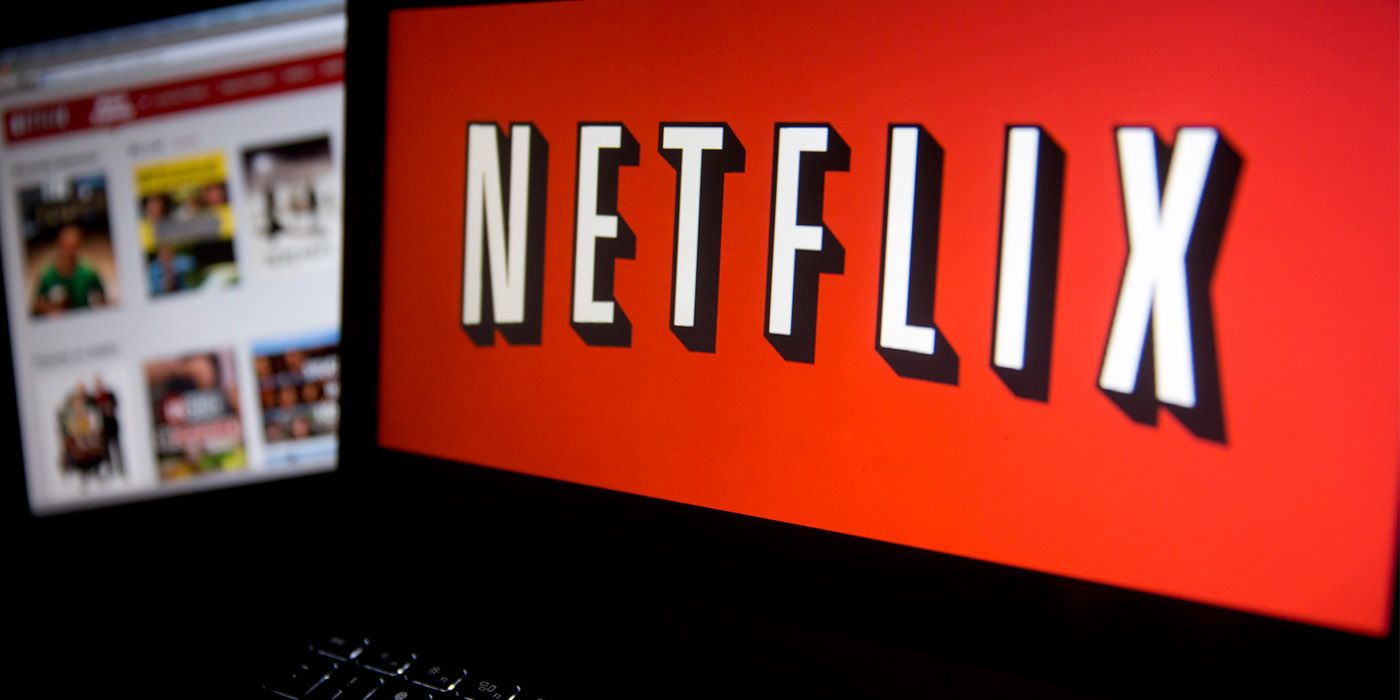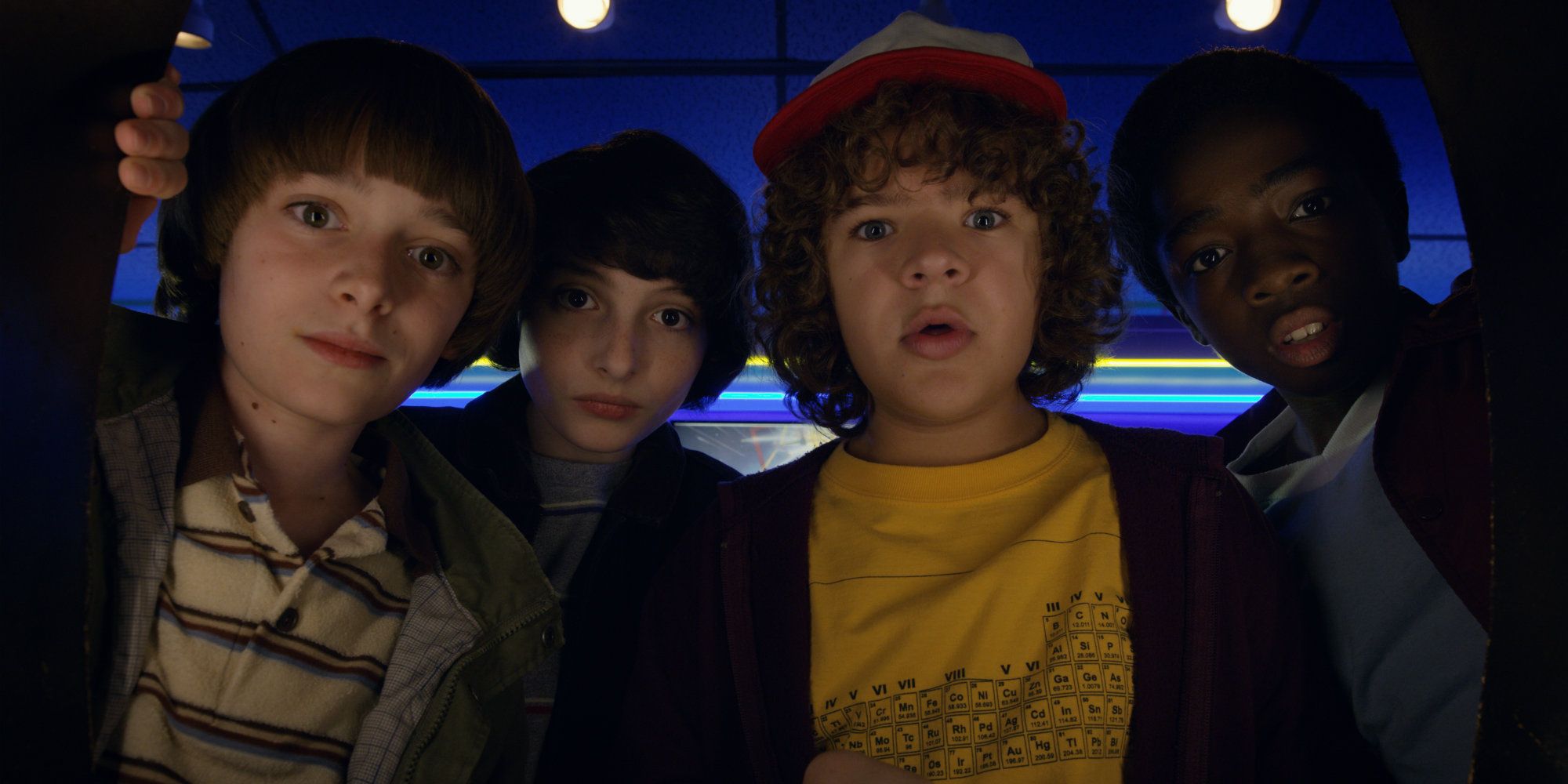Beginning next month, streaming service Netflix will raise the prices of its two most popular pricing tiers for US subscribers. The standard tier, which allows subscribers to watch on two screens at once, will be bumped up from $9.99 to $10.99 per month, while the premium tier, which allows for up to four screens of viewing as well as Ultra HD, will go up from $11.99 to $13.99. For basic package subscribers, the $7.99 per month price point will stay the same. In a statement to The Verge, Netflix explained this decision accordingly:
“From time to time, Netflix plans and pricing are adjusted as we add more exclusive TV shows and movies, introduce new product features and improve the overall Netflix experience to help members find something great to watch even faster."
This isn't the first time Netflix have bumped up their subscription prices. In 2015, they increased the standard package deal by one dollar to $9.99 per month. This probably won't be great news for the millions of loyal Netflix users, but it's a decision that's been a long time coming and one that will inevitably be repeated in the future. Netflix are at the top of their game right now, with a number of acclaimed original TV series and movies that have inspired critical and commercial devotion, but their long-term strategy is one that requires a serious amount of disposable income.
Netflix's ultimate plan is to be the dominant streaming service in an increasingly crowded market. Hulu and Amazon have both seem their success grow over the years, even if it hasn't been to the gargantuan levels of Netflix, and everyone has been competing to grab the attention of a splintering audience. Amazon Studios are investing huge amounts of money into finding the next Game of Thrones style breakout TV hit (future series include work by Mad Men creator Matthew Weiner and acclaimed Hong Kong director Wong Kar-wai), while Hulu are banking hard on their recent Emmys sweep thanks to their beloved drama, The Handmaid's Tale.
Netflix has a lot to offer in the coming years - from Cannes Film Festival premiering prestige entries like Noah Baumbach's The Meyerowitz Stories to the continuing evolution of their series with Marvel - but questions over the cost of such investments remain. It was recently revealed that Netflix were around $20bn in debt due to their decision to borrow heavily in order to pay for their original content. This is a strategy that could be risky but it's one that they're continuing with. Netflix’s chief content officer Ted Sarandos said the company had plans to spend around $7bn on original content in 2018 alone. Compare that to this year, where that number sits at a mere $1bn. So far, that model has yielded mixed results: There have been successes like Stranger Things but also mega flops like Baz Luhrmann’s period musical drama The Get Down, which is said to have been the most expensive TV show ever created. Netflix are hoping that long-term investment in their own properties will create a catalogue of films and TV programmes no other service or even traditional network can rival, but something like that will take years, even decades, and need the money to match, hence a price hike for subscribers.
The chances are that Netflix won’t see any major decline in their 100 million subscribers with this news. They're still the go-to name in streaming services, and people tend to stick with what they like. The problem for them now is that the competition isn't just getting busier, it's getting savvier. Hulu, for instance, have rights to more nostalgic favourites that keep viewers returning to the fold, and Amazon recently won the rights to the UK contract for the ATP Tour tennis matches, which will bring in a whole new audience that most streaming services have totally ignored. Now, Disney are getting in on the game and releasing their own service, which will be a must for fans of everything from their classic animations to Marvel to Star Wars. Even with the price increase, Netflix is still the best deal in town for many. The standard tier of $10.99 a month is cheaper than Hulu's ad free option of $11.99 a month, for instance.
As the possibility of Peak streaming services emerges, Netflix are hoping to outlast the new additions to the scene and remain audiences' go-to option for streaming familiar content as well as original TV and movies. They certainly have a head-start thanks to big name recognition and a willingness to spend money freely on their product, but doing so requires greater cash flow to justify the sheer amount of debt that weighs heavily on their shoulders. Audiences will grumble at the price increase, but with beloved series like Stranger Things returning, they'll happily tune in for more and pay the price.



